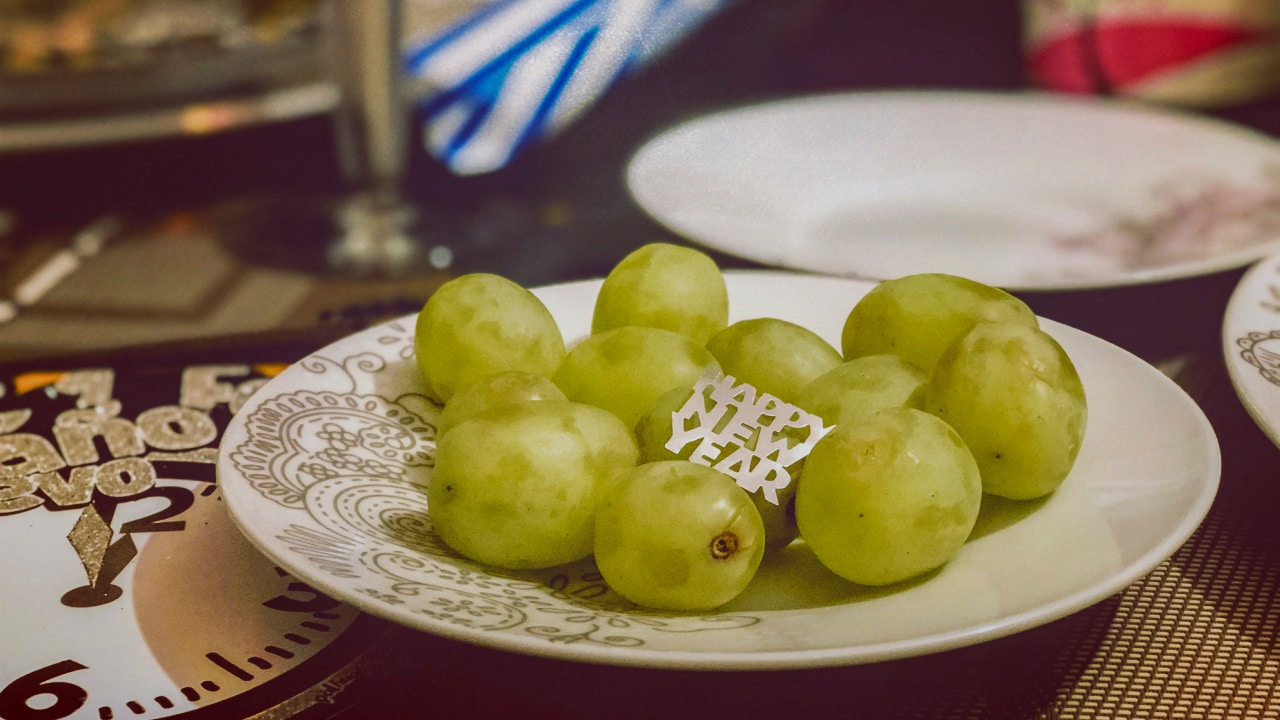This Colombian-American is Amplifying The Voices of Latina Poets
Starting a business from the ground up is one thing, but breaking ground in an underrepresented industry is another. As of 2021, 8% of people in the publishing industry were Hispanic, according to Bloomberg. They also note that the following year, 7% of writers, authors, and editors were Latino.
Davina Ferreira is actively working to change that.
“There is so much talent, and as we know, there is such a big need,” The Colombian-American said. “If I can contribute in any way to move this beautiful literary movement forward in any capacity, that for me is a dream.”
Ferreira founded Alegría Bilingual Publishing in 2012, starting solely as a magazine that transpired into a multimedia company—their mission was to share inspiring Latinx poetry and short stories that reflected her own experiences. The indie publishing house puts out more titles per year than all five major publishing houses combined.
In honor of April being National Poetry Month, Ferreira spoke to mitú about her background as a writer, how her business evolved, and how budding Latina authors can publish their first book.
Poetic Beginnings
In times of turmoil and violence in the Pablo Escobar era of her native Colombia, Ferreira turned to creative writing and literature for peace. Stories of magical realism by Gabriel García Márquez and moving poetry by Alejandra Pizarnik heavily influenced her writing as a teen.
“I kind of locked myself in my room and went to another dimension,” said Ferreira. “It really ignited my imagination.”
She moved to the United States at 19 by herself, but with a language barrier. She started working as a receptionist and interning in journalism when she got an idea. “I wanted to create a media platform that was actually sharing the beautiful contributions [and] inspiring stories of Latines in the US,” said Ferreira.
Ferreira spent time planning and collaborating with designer friends on Alegría Magazine. The stars aligned for her at the right time: A well-known automotive brand provided the entertainment and lifestyle magazine with the financial backing and a five-year contract.
Since Alegría Magazine’s launch, household Latinx names like Alejandra Espinoza, Jorge Ramos, and Karol G have graced the cover. As digital media became more prominent, Ferreira realized she wanted to do more with her own business.
“I love entertainment, and I love artists, but I also changed, you know? It’s kind of a like a 360 to that younger part of me,” said Ferreira. “My most authentic version. For me, it’s always about the art, not so much the commercial aspect of things.”
Reconnecting with her first passion
During the COVID-19 pandemic, Ferreira reconnected with her identity as an author by joining a writing collective. The Community Literature Initiative, located in Los Angeles, is a nonprofit that teaches BIPOC writers how to write and publish books.
There, Ferreira connected with Hiram Sims, founder of the Sims Library of Poetry, who served as a mentor to her. During this time, she published her first English poetry collection, “If Love Had A Name.” She was also working on transitioning her business from solely a magazine to an all-encompassing media house.
She put out a call for poems about immigration, heritage, and social justice on Alegría’s social platforms. After not expecting many submissions, they received over 160 from Latinx creatives all over the country. They’ve since started their own writing collective workshop.
“I was like, ‘Wow, who is publishing these people?’ Because these voices are so relevant [and] so beautiful,” said Ferreira.
From Alegría Magazine to Alegría Bilingual Publishing
Rediscovering a writing community helped Ferriera feel connected to her art. So, it became a new arm of her business. Thirty-two titles and over 145 Latinx poets and writers have been published through the indie publishing house since 2020.
For Ferreira, it means everything to amplify the stories and voices of Latinx authors. The demographic is seriously underrepresented in the media. “This is at the core of what keeps me motivated each day,” she said.
It’s difficult to break through in a creative industry without access to resources, and because Ferreira was fortunate, she wants to share her platform with emerging voices.
“There is so much talent, and as we know, there is such a big need,” said Ferreira. “If I can contribute in any way to move this beautiful literary movement forward — in any capacity — that, for me, is a dream.”
For any Latinx authors looking to publish their first book, Ferreira wants them to know that although there are many options to self-publish these days, they would be in great hands with Alegría. Prospective authors will have their hands held throughout the entire creative process.
“We are more interested in the creative aspect of it,” said Ferreira. “That’s why we actually nurture talent from day one, all the way to the distribution and the launch of their book. It’s a process, and that is the magic of it. When people come and write with us, it’s not a book – that’s the byproduct. It is a process of creativity, but also a process of human transformation.”
Beyond the publishing house
Another passion of Ferreira’s is bringing the literature she grew up reading directly to the people. That was the stimulus for the Alegría mobile bookstore. In 2019, Ferreira went to the Valley and bought an old van to fix up and decorate.

“The idea with this bookstore is [that] we take it to underserved schools, conferences, areas, and nonprofits, and just bring the message of bilingual literacy,” said Ferreira. The brightly-colored mobile bookstore makes weekly stops in LA County, allowing BIPOC authors to sell their books as well.
This branch of the business is part of the nonprofit the Alegría Bilingual Bookstores and Arts Collective. The mobile bookstore is an immersive and accessible experience to transform the next generation of young people into creatives.
Ferreira’s journey with Alegría started by distributing the magazine in her overheated car. Little did she know it would lead to an operation bringing social good.
“I feel that that’s where the success of a business really is,” said Ferreira. “If I’ve learned something, it’s that there is nothing that will fulfill you more than changing and transforming people’s lives.”




